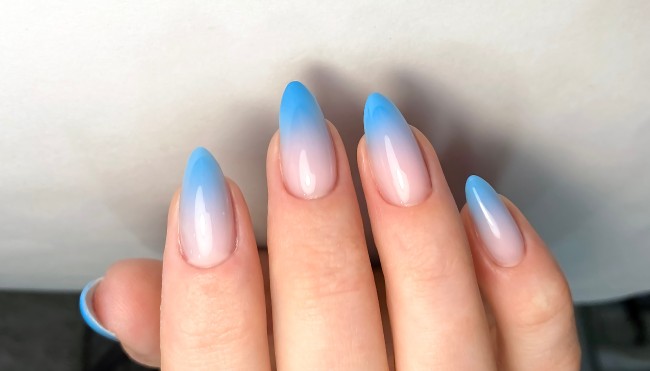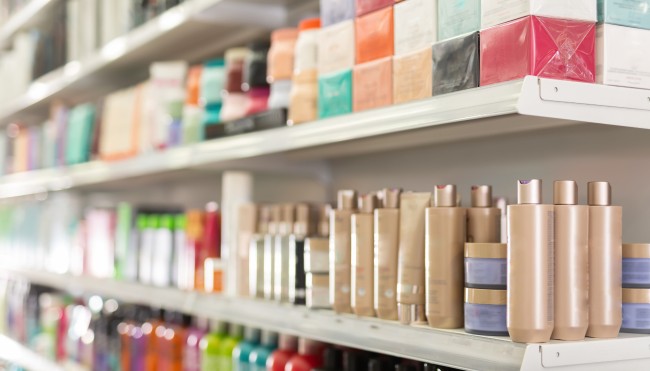The Truth About Your Deodorant
The use of deodorants and antiperspirants is a part of most people’s daily personal care routine, but should we be concerned about what’s in them?
Deodorant or Antiperspirant?
Over the years, these terms have become largely interchangeable, however, when most people refer to deodorant, they really mean antiperspirant. So, what’s the difference? Deodorants mask or neutralize body odor caused by bacteria, whereas antiperspirants temporarily block sweat glands and suppress the flow of sweat.
Nowadays, the two often come as a package deal, so people tend not to distinguish one from the other. Regardless of which you choose, you’ll want to check the ingredients list before making an educated decision about which to buy.
Can antiperspirants and deodorants make you smell worse?
Curiously, the use of antiperspirants and deodorants have actually been linked to an increase in odor-producing bacteria. In one study, use of antiperspirants led to an increase in actinobacteria, one of the causes of body odor. The same study also found that the diversity of bacteria also increased with the use of antiperspirants.
Ingredients to Watch Out For
As with anything you put in your mouth or rub into your skin, there are some potential risks associated with the use of deodorants and antiperspirants. Some studies suggest there may be a correlation between the use of antiperspirants and cancer cell growth, however, The National Cancer Institute says there’s no conclusive evidence this.
Aluminum
Aluminum is the main active ingredient found in antiperspirants. It plugs the sweat ducts to stem the flow of sweat and may be linked to breast cancer. Tests have shown aluminum can accumulate in the breast tissue of women and may interfere with estrogen receptors in breast cancer cells, but more research needs to be done to confirm this. If you don’t see aluminum listed on the label, look for these variants: potassium alum and potash alum, which both indicate its presence.
Parabens
Parabens are preservatives, which can be found in both deodorants and antiperspirants, as well as, a number of other cosmetic products. These days many are paraben-free, but check the label for words ending in –paraben to be sure. Similar to aluminum, there’s some research which suggests that some parabens may interfere with the production and regulation of estrogen and other hormones, which could promote the growth of cancer cells. But, again, knowledge is limited and at present the FDA doesn’t consider parabens harmful to human health.
What should you take away from all this?
Does this mean you should stop using deodorants and antiperspirants altogether? Well, that’s a little tricky… Since it takes time to prove if any given chemical causes harm and regulatory bodies currently see no issue with these chemicals, it really comes down to personal choice. To be on the safe-side, stick to natural deodorants or consider making your own.





